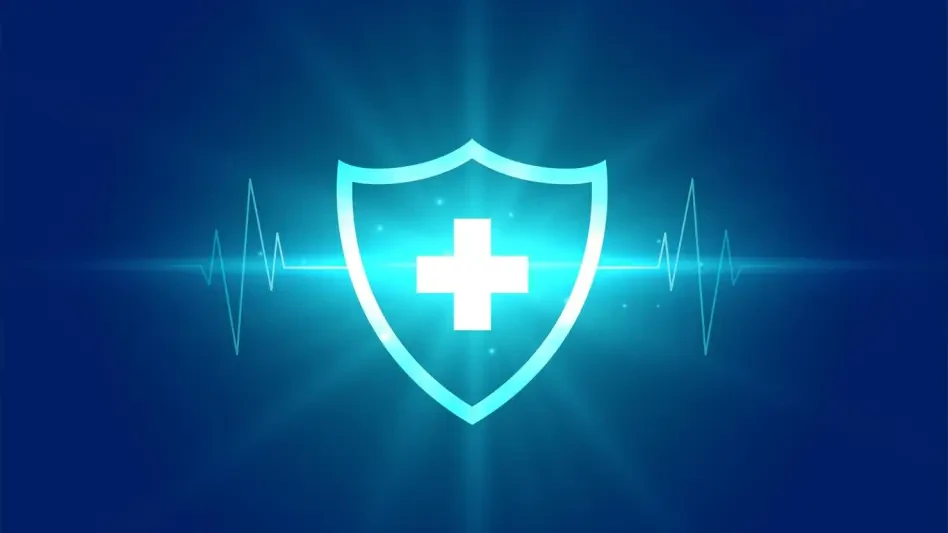I’m thrilled to sit down with Faisal Zain, a renowned healthcare expert specializing in medical technology. With years of experience in the manufacturing of diagnostic and treatment devices, Faisal has been at the forefront of innovation in the healthcare sector. Today, we’re diving into a pressing issue: a recent data breach at a Dutch laboratory involved in cervical cancer screenings. Our conversation will explore the details of the incident, the implications of delayed reporting, the emotional and systemic impact on participants, and the broader vulnerabilities in healthcare cybersecurity. Let’s unpack these critical topics and gain insights into how the industry can move forward.
Can you walk us through what happened during the data breach at the laboratory in early July?
Certainly. From what has been reported, the breach at Clinical Diagnostics occurred in early July and involved a significant hack targeting data from the cervical cancer screening program. Hackers gained unauthorized access to sensitive information, compromising the privacy of hundreds of thousands of women who participated in the screening. It’s a stark reminder of how critical data security is in healthcare, where personal information is not just valuable but deeply personal.
How significant was the scale of this breach in terms of the number of individuals affected?
The scale is quite staggering. Reports indicate that data from hundreds of thousands of women were stolen during this incident. That’s an enormous number of individuals whose trust has been violated, and it underscores the magnitude of responsibility that labs and healthcare providers have to safeguard such information.
What types of personal information were compromised in this hack?
While the exact details may still be under investigation, typically in breaches like this, personal information can include names, contact details, medical history, and test results. In the context of a cervical cancer screening program, this data is incredibly sensitive, as it relates to intimate health details. The exposure of such information can have profound emotional and even practical consequences for those affected.
Why do you think there was such a long delay—over a month—in notifying the affected parties about this breach?
Delays in reporting often stem from a combination of factors. It’s possible that the lab needed time to fully assess the scope of the breach and understand what data was compromised before making public statements. There might also have been internal challenges, such as coordinating with legal teams or regulatory bodies. However, a delay of this length is highly problematic, especially under regulations like GDPR, which mandate swift notification. It suggests a potential gap in preparedness or crisis management protocols.
How do you view the criticism that this delay violates GDPR rules, which call for notification within 24 hours?
The criticism is valid. GDPR is very clear on the timeline for reporting data breaches—notification to authorities is required within 72 hours, and affected individuals must be informed without undue delay. Waiting over a month is a significant breach of those obligations. It not only risks legal consequences but also erodes trust. Patients have a right to know promptly when their data is at risk so they can take protective measures. This situation highlights the need for stricter adherence to compliance frameworks in healthcare.
Can you share your perspective on how the National Screening Program responded to this incident?
The National Screening Program, Bevolkingsonderzoek Nederland, reacted with understandable frustration, describing the delay in communication as shocking and reprehensible. Their response was swift once they were informed—they temporarily suspended the lab’s services to ensure no further risks until security could be guaranteed. They’ve also initiated an independent investigation to understand the breach and prevent future incidents. It’s a proactive stance, prioritizing participant safety over operational continuity, which is commendable.
What emotional toll do you think this breach has taken on the women whose data was stolen?
The emotional impact can’t be overstated. Participating in something as personal as a cervical cancer screening already comes with stress and vulnerability. To then learn that your private health data has been exposed is deeply unsettling. It can lead to feelings of violation, anxiety, and a loss of trust in the healthcare system. As one official noted, trust in data security is paramount, and rebuilding that trust will be a significant challenge after an incident like this.
Why do you believe the healthcare sector seems so vulnerable to cyberattacks compared to other industries?
Healthcare is a prime target for cybercriminals because the data it holds is incredibly valuable—both financially and personally. Medical records can be sold on the dark web for identity theft or fraud, and the sector often lags in cybersecurity investment compared to, say, finance or tech. Many healthcare systems rely on outdated technology, and staff may not always be trained to recognize phishing or other threats. Additionally, the interconnected nature of healthcare—labs, hospitals, and providers sharing data—creates multiple entry points for attackers. It’s a perfect storm of high-value targets and systemic weaknesses.
How can incidents like this serve as a catalyst for improving cybersecurity practices in healthcare?
These breaches are a loud wake-up call. They expose gaps in security protocols and force organizations to prioritize cybersecurity as a core component of their operations, not just an afterthought. This incident can push for greater investment in modern encryption, regular system audits, and staff training. It also highlights the need for robust incident response plans that align with regulations like GDPR. Beyond individual organizations, it can drive industry-wide collaboration to share best practices and develop stronger defenses against evolving cyber threats.
What is your forecast for the future of data security in the healthcare sector?
I think we’re at a turning point. The frequency and severity of cyberattacks in healthcare are only going to increase as technology becomes more integrated into patient care. My forecast is cautiously optimistic—incidents like this will likely spur regulatory bodies to enforce stricter compliance and penalties, while pushing organizations to adopt advanced security measures like AI-driven threat detection and zero-trust architectures. However, the challenge will be balancing innovation with security, especially for smaller labs or providers with limited budgets. Ultimately, I believe we’ll see a cultural shift where data protection becomes as fundamental to healthcare as patient care itself.









